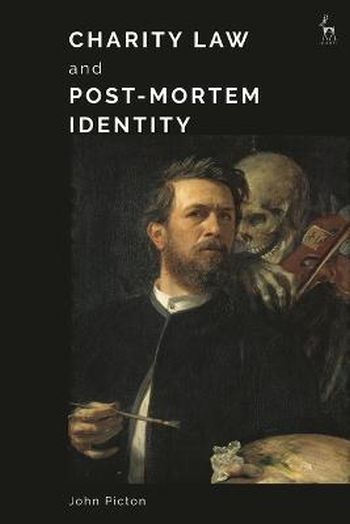
This book looks at how the law allows donors to establish perpetual charitable trusts, bearing the donor's name, and how it rewards and encourages the pursuit of post-mortem identity. It considers the policy questions raised by post-mortem identity. The law in this area is often complex and uncertain, and that legal unpredictably might deter donors from giving. Attention to post-mortem identity suggests that the law should be made as reliable and predictable as possible. This book theorises the motivation for post-mortem identity and works through its legal implications. It considers the even deeper questions in play and the particular problems which surround post-mortem identity. For example, a donor motivated by the prospect of legal immortality might be led towards bad charity. The donor might try to create a vain or prejudiced organisation. The book looks at the context of these issues, the policy challenges faced by the law, and the way in which the rules need to control and limit the donor's wishes.